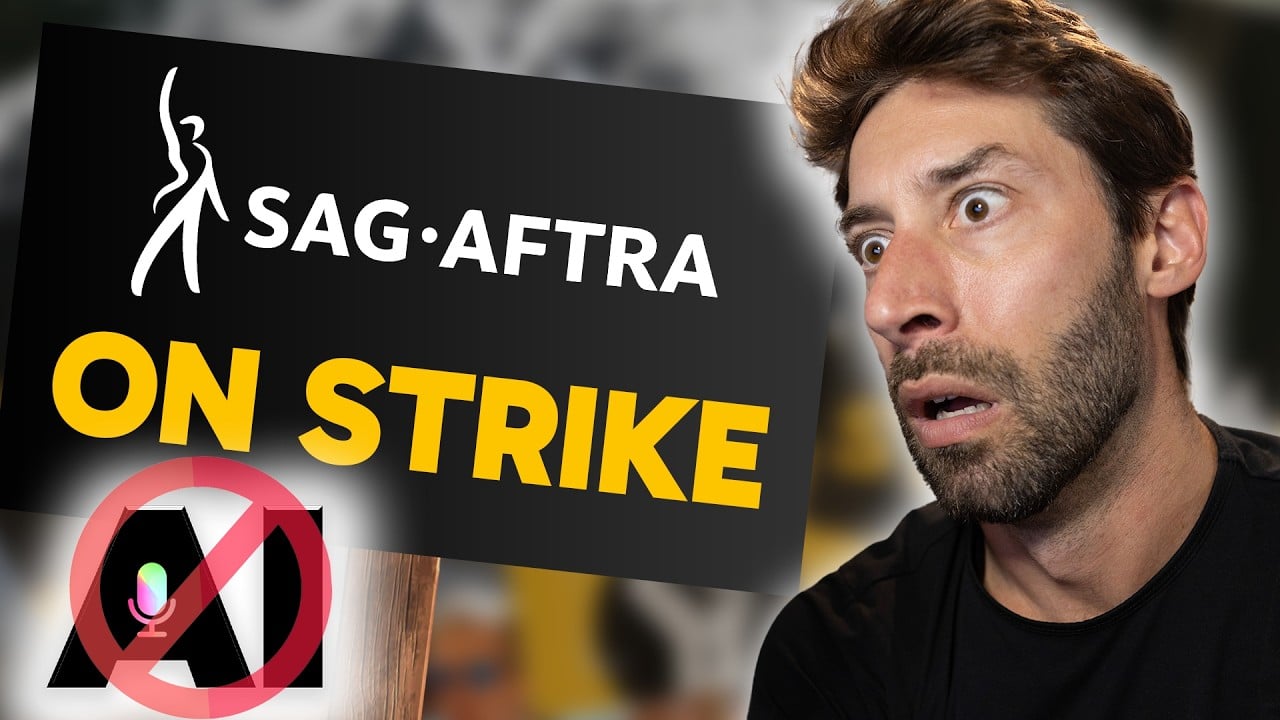I keep seeing posts about the voice actor strike affecting games like Honkai Star Rail and wanted to share what I know about how this actually works. My partner has connections in the LA entertainment industry and knows several English voice actors who work on various projects.
Key Points About the Strike:
Games like HSR aren’t union projects
Most mobile games with English dubs operate outside the union system.
Union status applies per project, not per company
A single publisher can have both union and non-union games running at the same time.
Recording studios don’t control union status
The game publisher decides whether to work with the union, not the studio where actors record their lines.
The strike only covers union games
SAG-AFTRA members are told to stop working on games that signed union contracts.
Union actors normally can’t work on non-union projects
There’s a rule called Global Rule One that prevents union members from taking non-union jobs.
What This Means:
- Union voice actors are banned from working on non-union games during the strike
- If a game company joins the union, they need to either hire only union actors or help non-union actors join
- These games aren’t the main target of the strike but get affected anyway
Common Questions:
Why did union actors work on these games before? The union used to be less strict about video game work, focusing more on movies and TV.
Why are some non-union actors also staying quiet? Actors sometimes change their career plans and might want to join the union later.
What happens to actors who break the rules? The union can’t sue them but might block them from future opportunities.
Can game companies replace striking actors? Yes, since the strike isn’t officially against their projects.
Possible Solutions:
Game companies might wait for the strike to end, hire only non-union actors for new characters, or work with voice actors from other countries to avoid the whole situation.
This is just my understanding based on what I’ve heard from people in the industry. The situation is complicated and there aren’t many official statements about the details.
